
More and more people are developing kidney failure, and doctors warn that four common drinks are the “silent culprits.” It’s time to cut back.
Drinking water seems simple, yet many people do it the wrong way and unintentionally damage their kidneys.
Recently, Mr. Zhao, 50, from China, often felt tired, had lower-back pain, weak limbs, and even mild swelling. The symptoms lasted for more than two weeks. At first, he assumed he was just overworked and that a few days of rest would fix it. But things got worse. When he finally went to the hospital, the doctor diagnosed him with chronic kidney disease stage 3b — an advanced stage of kidney failure.
Cases like his are far from rare.
Most people with chronic kidney disease have no idea they’re sick until it’s already serious. At the final stage, patients must undergo dialysis or receive a kidney transplant.
Many people only drink water when they feel thirsty, leading to long-term dehydration. This reduces the kidneys’ ability to filter toxins. Worse, four types of beverages can significantly increase the burden on the kidneys.
1. Bone broth and long-simmered soups
These soups are popular, but the longer they simmer, the higher their nitrite content becomes. After 4 hours, nitrite levels rise sharply; after 6 hours, the health risks increase even more.
They also contain extremely high purine levels, which raise uric acid, increasing the risk of gout and kidney stones.
A 260 ml bowl of broth can contain up to 400 mg of purines. Drinking just two bowls exceeds the recommended daily intake, forcing the kidneys to work excessively hard.
2. Sugary drinks
This includes soft drinks, packaged fruit juices, milk tea, sports drinks, etc.
A 2024 study in Frontiers in Nutrition tracking more than 190,000 people found:
– Drinking more than 250 ml of sugary beverages per day increases the risk of chronic kidney disease by 45%.
– Drinks with artificial sweeteners increase the risk by 52%.
3. Strong tea and strong coffee
Some people brew tea using half a pot of tea leaves. But high caffeine levels can increase heart rate and blood pressure, putting strain on the kidneys. The same risk applies to strong coffee.
Tea also contains tannins, which easily bind with minerals to form insoluble crystals — a major factor in kidney stone formation.
4. Alcohol (beer and liquor)
Most people know alcohol harms the liver, but it also damages the kidneys. Excessive drinking generates free radicals and oxidative stress, injuring kidney cells.
Long-term alcohol consumption can also cause muscle breakdown, increasing the risk of rhabdomyolysis, a dangerous condition that may lead to acute kidney failure.
4 warning signs your kidneys are “calling for help”
Chronic kidney disease progresses silently. There is no pain, fever, or itching, yet kidney function declines day by day. Once damaged, kidney tissue is extremely hard to recover.
– Abnormal urine:
Foamy urine that doesn’t dissipate; tests showing proteinuria or micro-albumin — an early sign of glomerular damage.
– Swelling (edema):
Most noticeable in the morning: puffy eyelids, mild facial swelling. Some people experience swollen legs that leave an indentation when pressed.
– Fatigue, loss of appetite, nausea:
When the kidneys can’t remove toxins and maintain electrolyte balance, metabolism becomes disrupted. Reduced erythropoietin production also leads to anemia, making patients feel exhausted.
– High blood pressure:
Hypertension is both a cause and a consequence of kidney disease. Studies show that blood pressure above 130/80 mmHg accelerates glomerular scarring over time.
News in the same category


Betelgeuse Nears Its Final Stage: A Supernova That Could Be Visible in Daylight
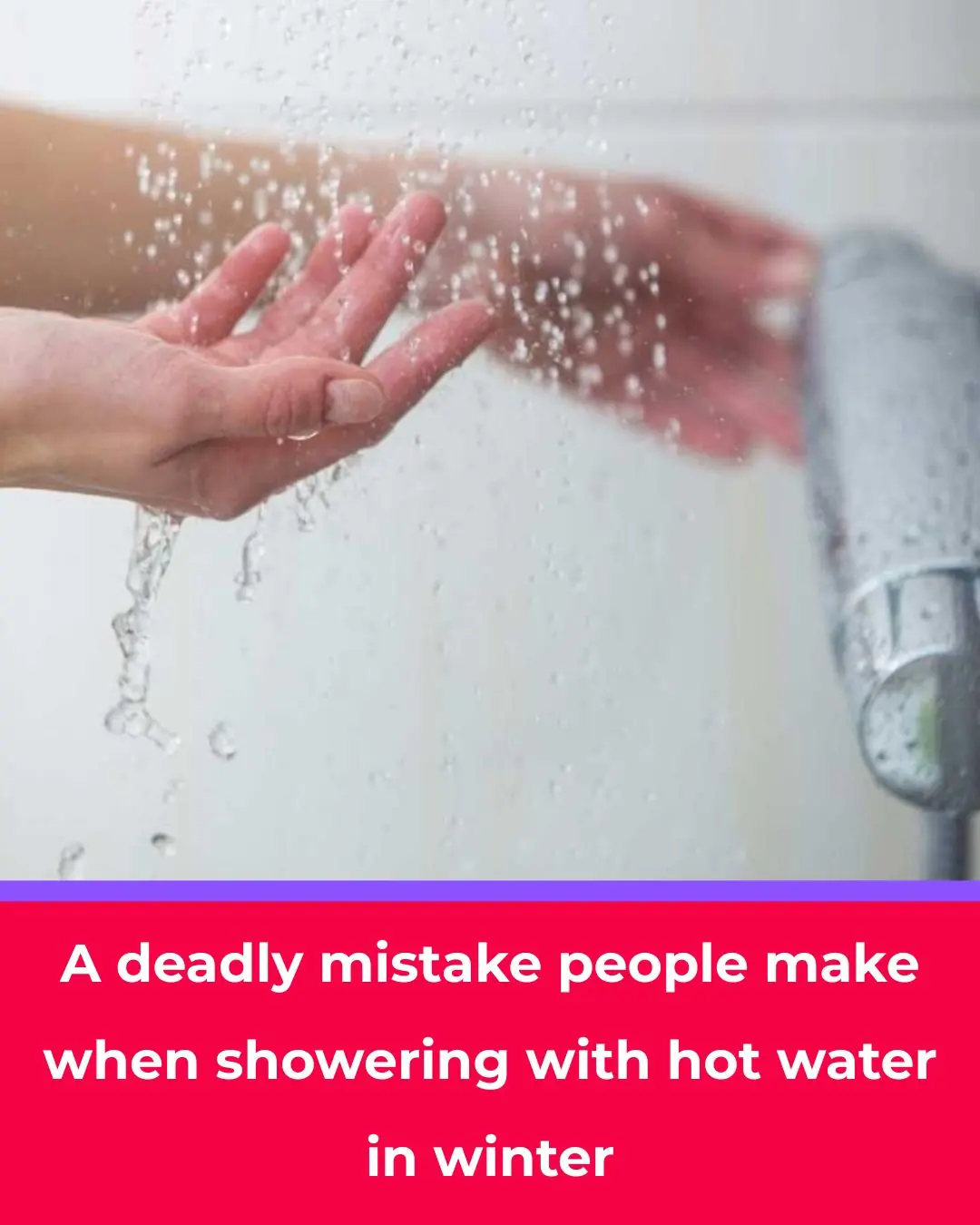
Deadly Mistakes to Avoid When Showering With Hot Water in Winter

2 Pork Parts That Contain a High Amount of Risky Cells — Stop Eating Them Before It’s Too Late

3 types of vegetables you shouldn’t eat raw — no matter how tasty or nutritious — because they can silently damage the liver

I Had No Clue About This! Such an Interesting Trick My Nana Swore By
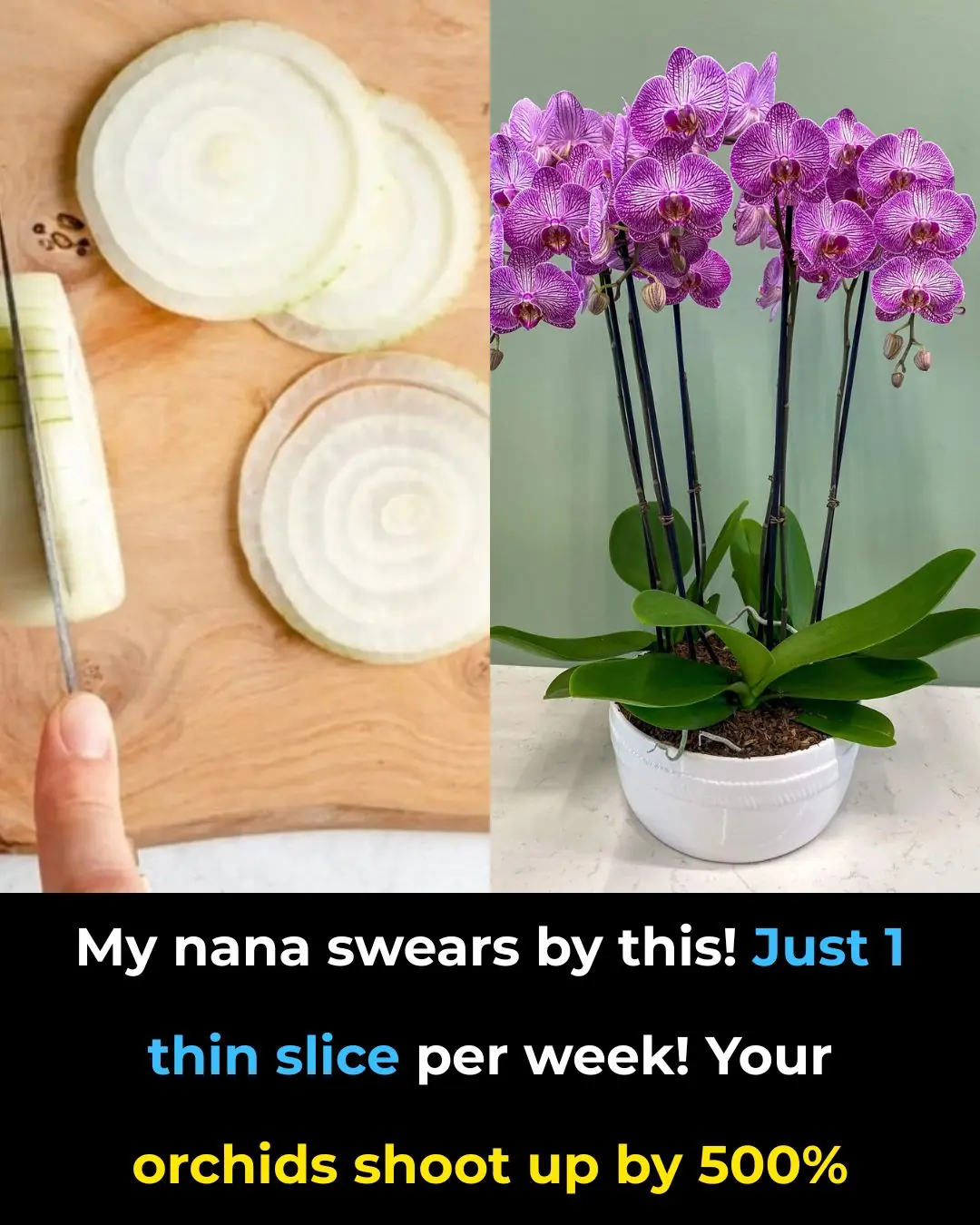
My Nana Swears by This! Just 1 Thin Slice a Week — Your Orchids Will Explode with Growth
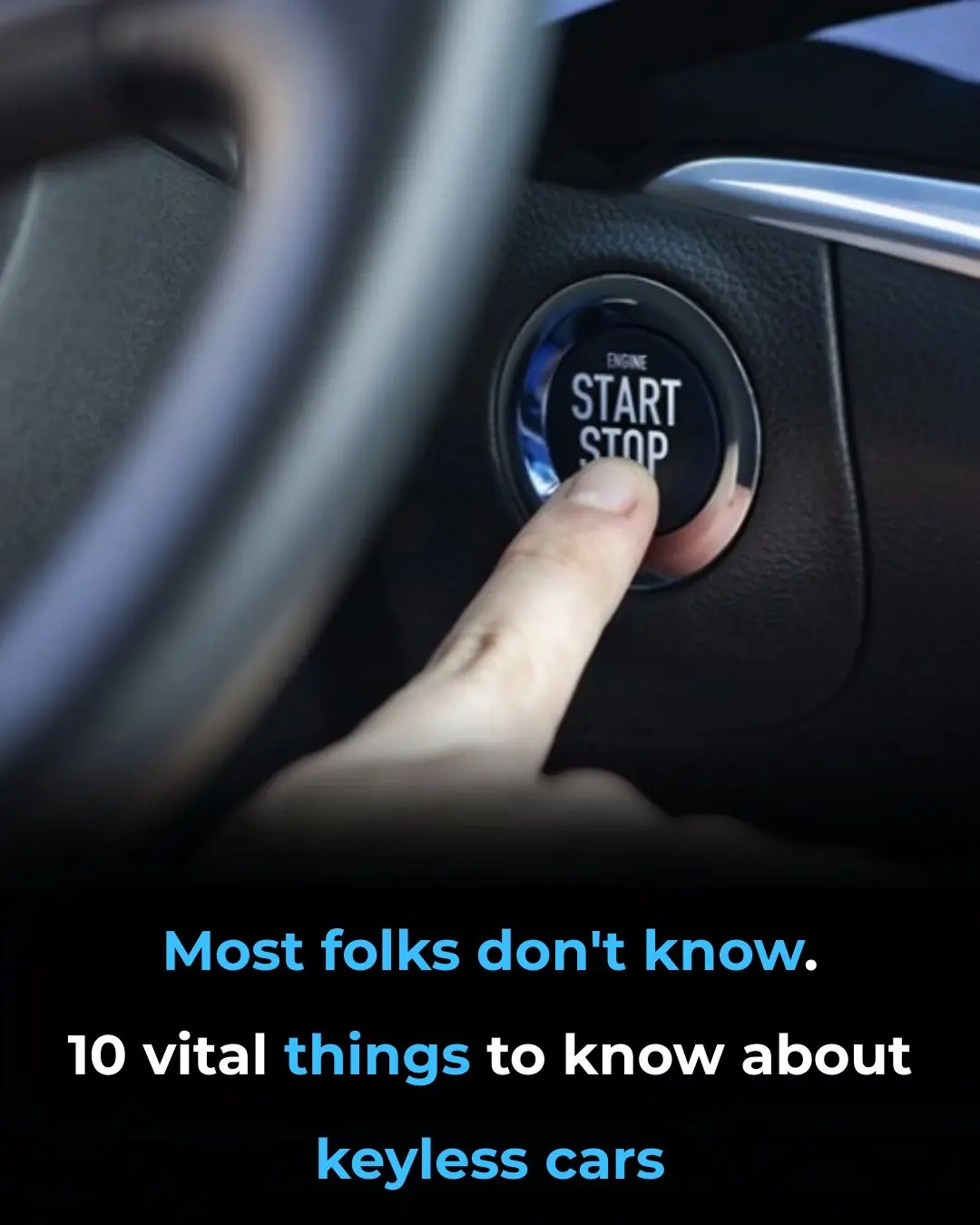
The Keyless Car Trend Everyone’s Talking About
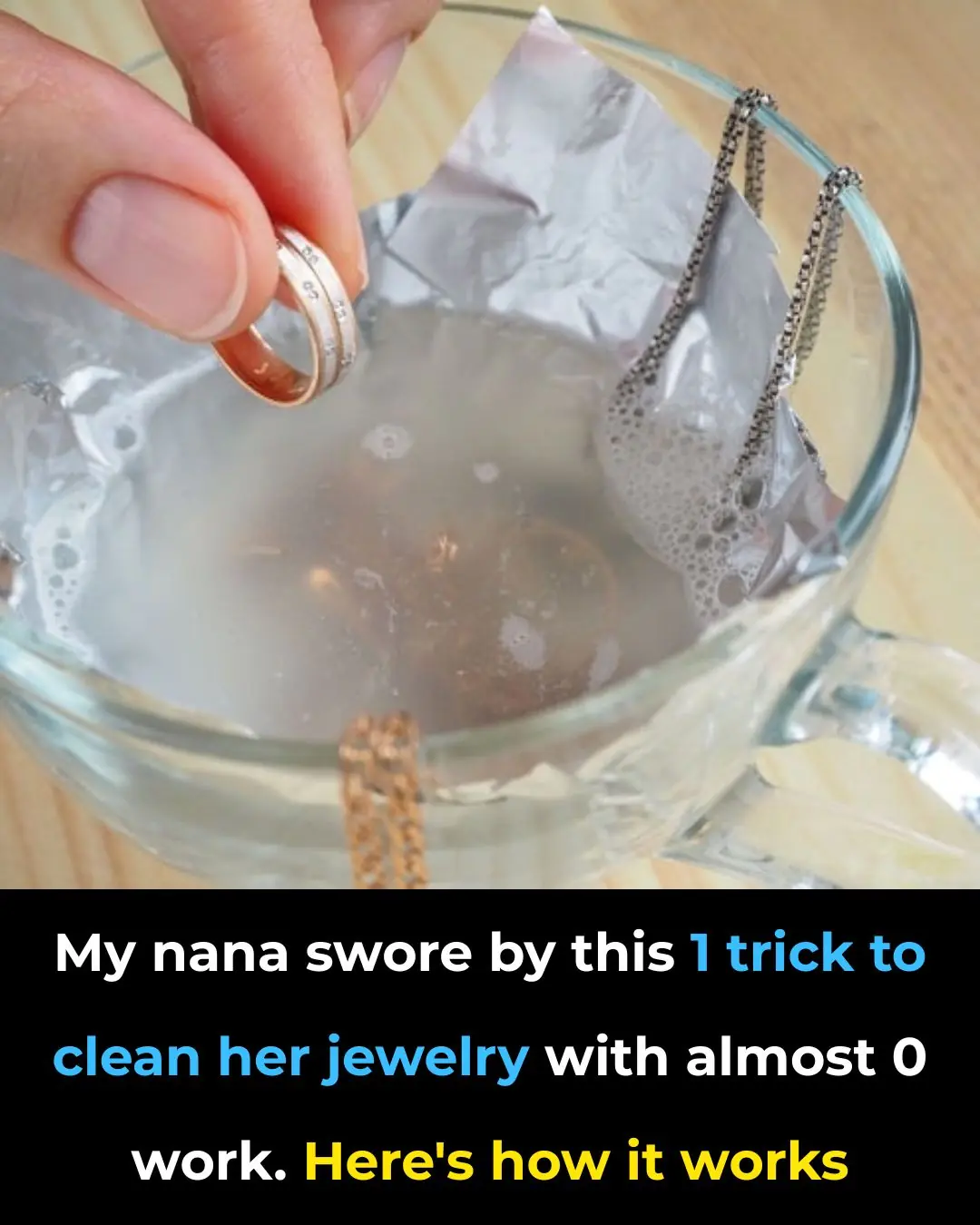
Nana’s Timeless Trick for Bringing Jewelry Back to Life

Stem Cell Therapy Restores Insulin Production in Type 1 Diabetes Patients

China Launches Hanyuan‑1: World’s First Commercial Atomic Quantum Computer

Keratin From Human Hair Could Revolutionize Tooth Enamel Repair

Amazon Lakes Heat to Dangerous Levels, Triggering Mass Wildlife Deaths
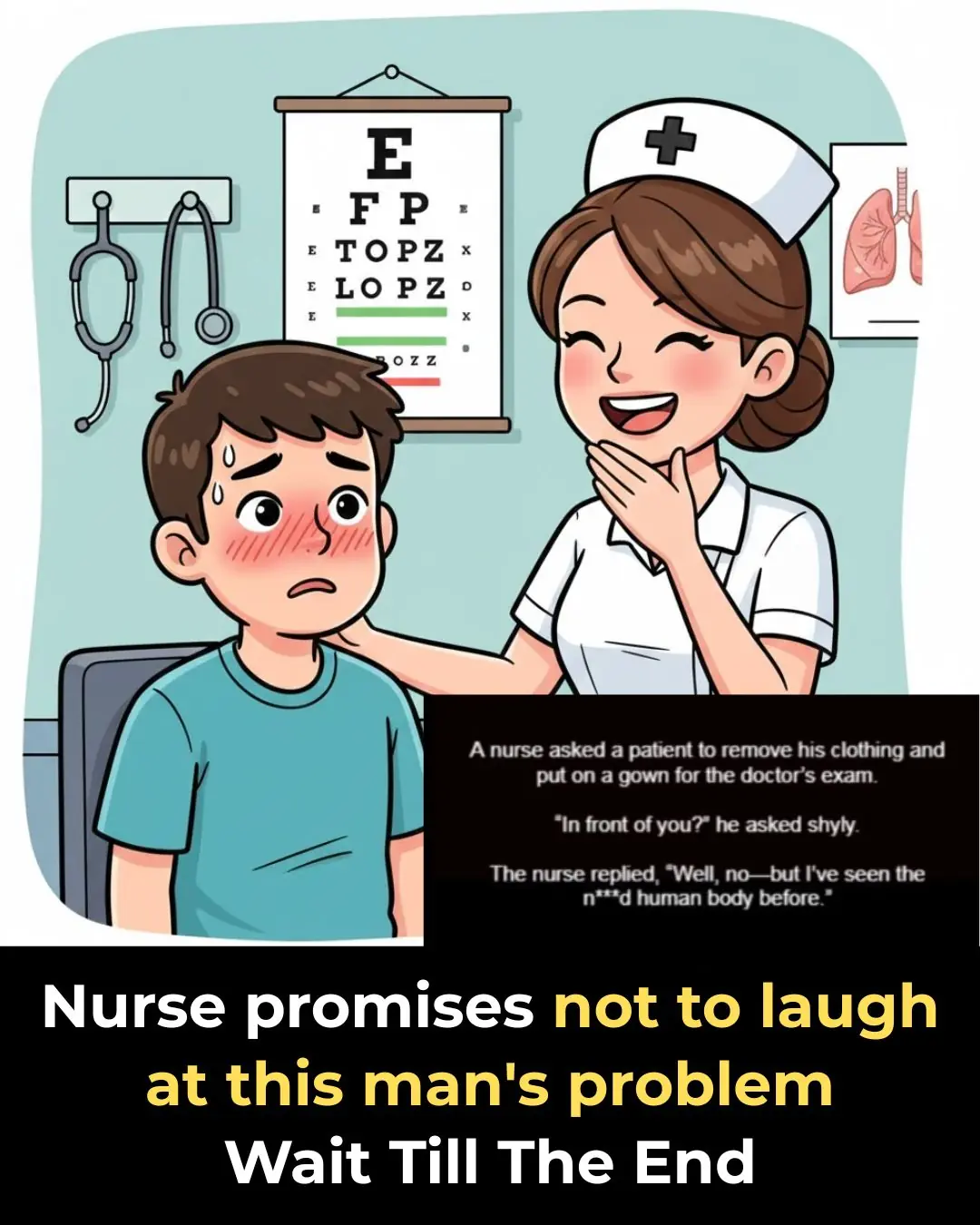
Nurse Promises Not to Laugh at This Man’s Problem

What Your “Odd Animal Out” Choice Says About You

As he nears 100, Dick Van Dyke, 99, makes a touching confession about his life

Local Washington State Park Changes Name Meaning To Honor Rosa Franklin, The States First Black Woman Senator

Civil War Era Politician Robert Smalls Becomes First African American to Receive Monument in South Carolina

Dr. Patricia Bath Set To Make History As First Black Woman Inducted Into National Inventors Hall of Fame
News Post
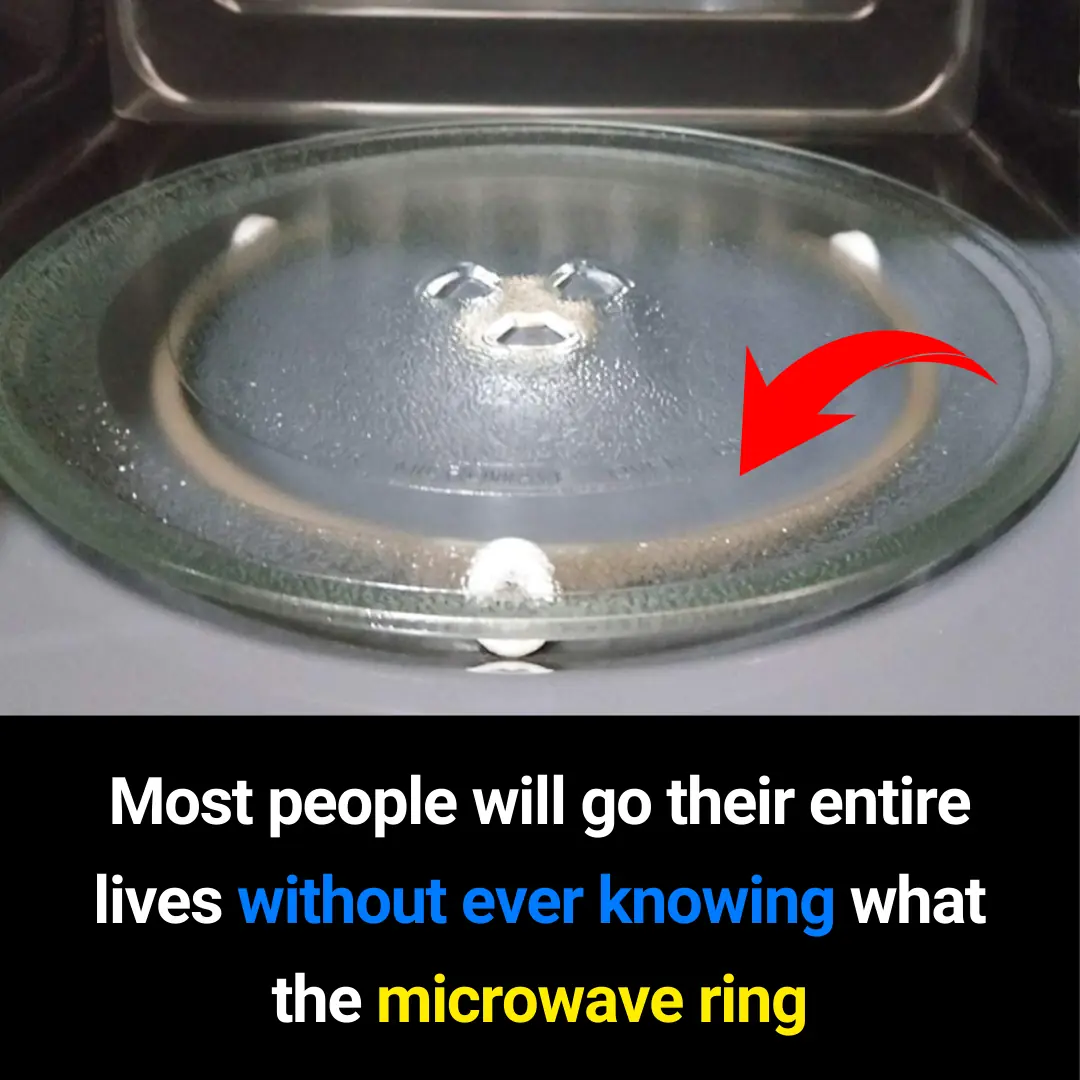
What Is a Microwave Ring Cover? Why This Small Part Matters More Than You Think (SEO-Friendly Guide)
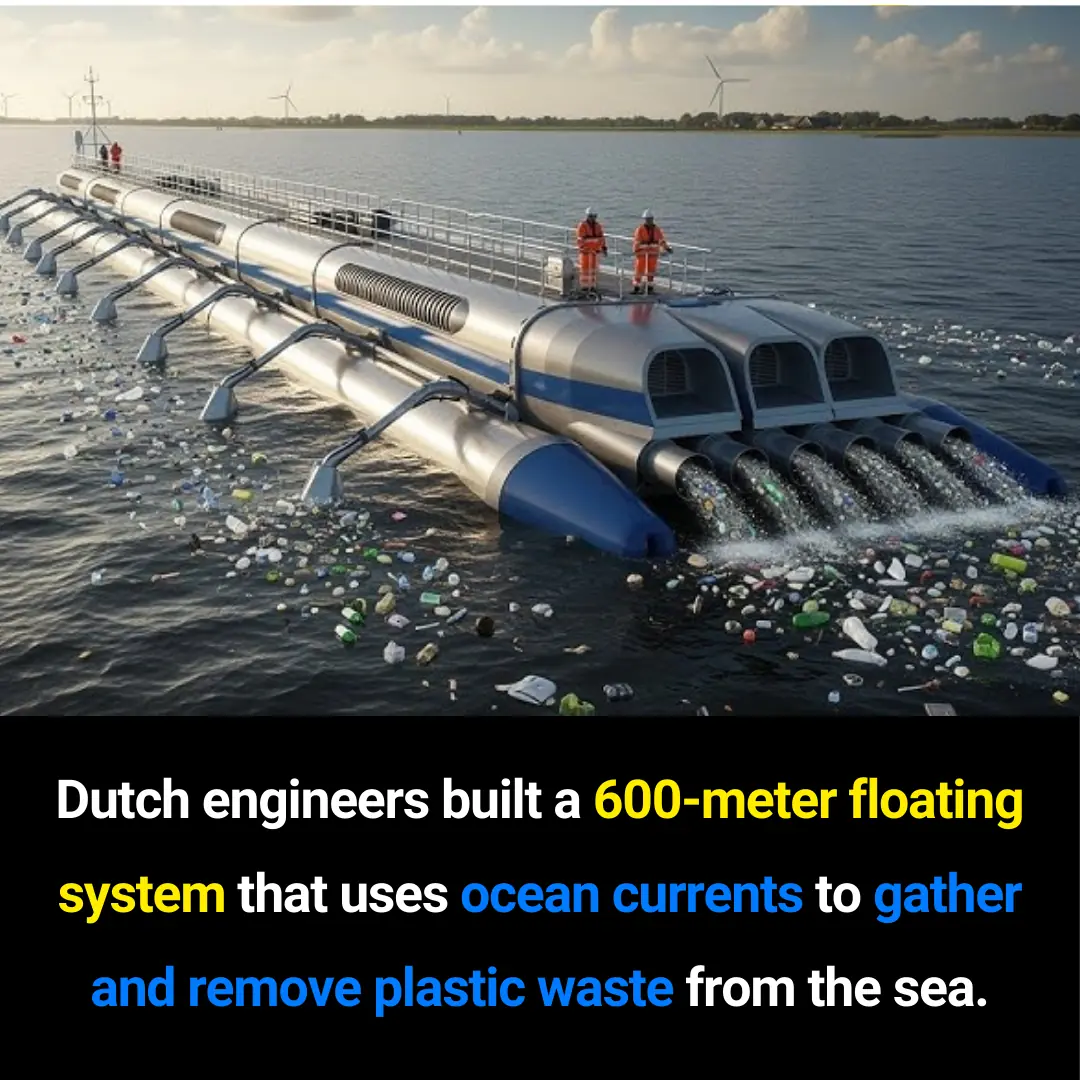
The Netherlands Builds a 600-Meter Floating System to Clean Ocean Plastic: A Breakthrough for Global Marine Protection

✅ International Medical Recommendations for Treating Snakebites

🌟 Belgium’s 15-Year-Old Prodigy Earns a PhD in Quantum Physics — A Remarkable Journey of Genius and Innovation 🌟

The Brain Actively Erases Short-Term Memories to Boost Efficiency

Betelgeuse Nears Its Final Stage: A Supernova That Could Be Visible in Daylight

Deadly Mistakes to Avoid When Showering With Hot Water in Winter

2 Pork Parts That Contain a High Amount of Risky Cells — Stop Eating Them Before It’s Too Late

3 types of vegetables you shouldn’t eat raw — no matter how tasty or nutritious — because they can silently damage the liver

I Had No Clue About This! Such an Interesting Trick My Nana Swore By

My Nana Swears by This! Just 1 Thin Slice a Week — Your Orchids Will Explode with Growth

The Keyless Car Trend Everyone’s Talking About

Nana’s Timeless Trick for Bringing Jewelry Back to Life

Stem Cell Therapy Restores Insulin Production in Type 1 Diabetes Patients

China Launches Hanyuan‑1: World’s First Commercial Atomic Quantum Computer
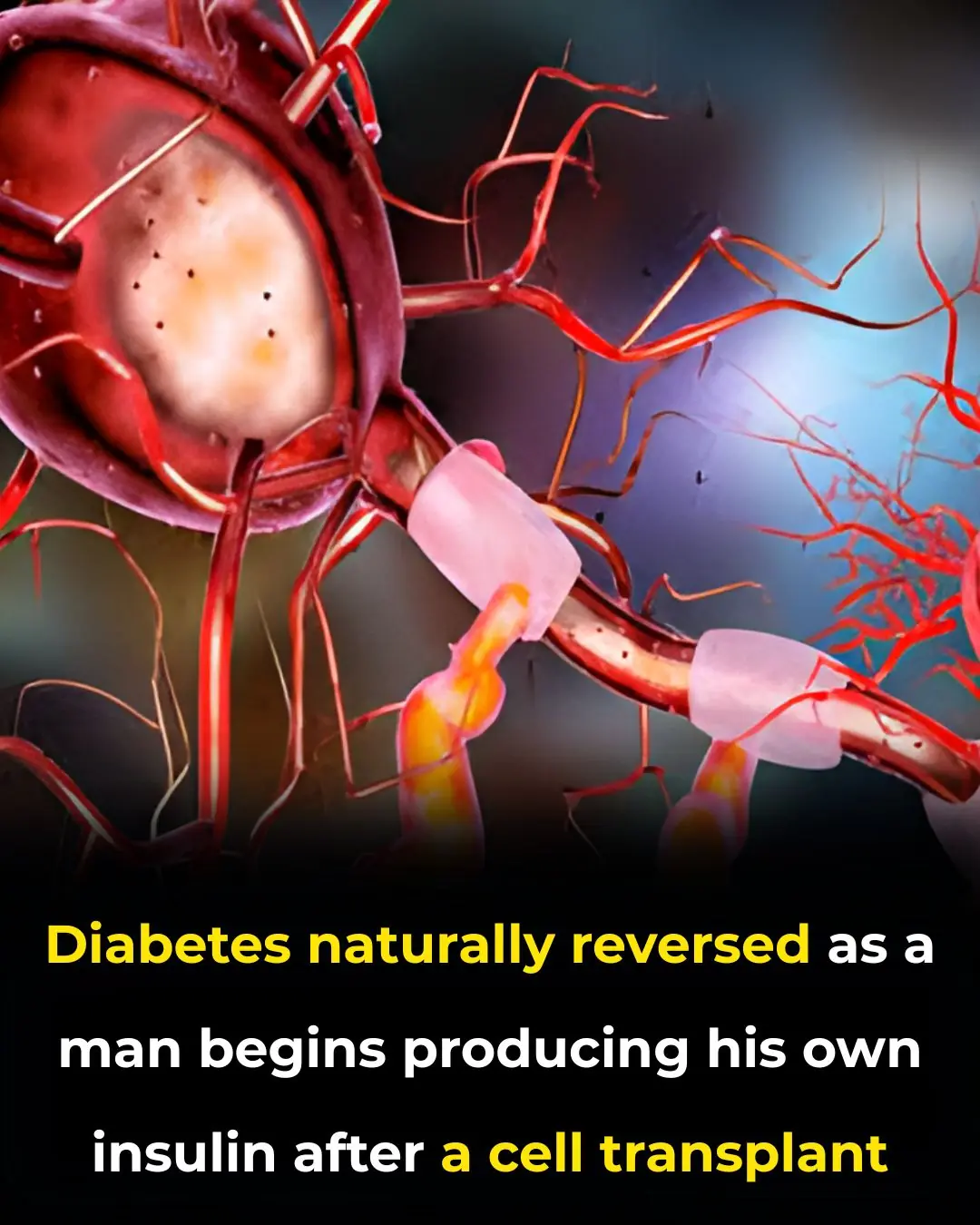
Breakthrough Cell Transplant Restores Insulin Production, Offering New Hope for Diabetes Reversal

Keratin From Human Hair Could Revolutionize Tooth Enamel Repair

A Homeless Pup's Heartfelt Payment: A Story of Kindness and Unspoken Bonds
